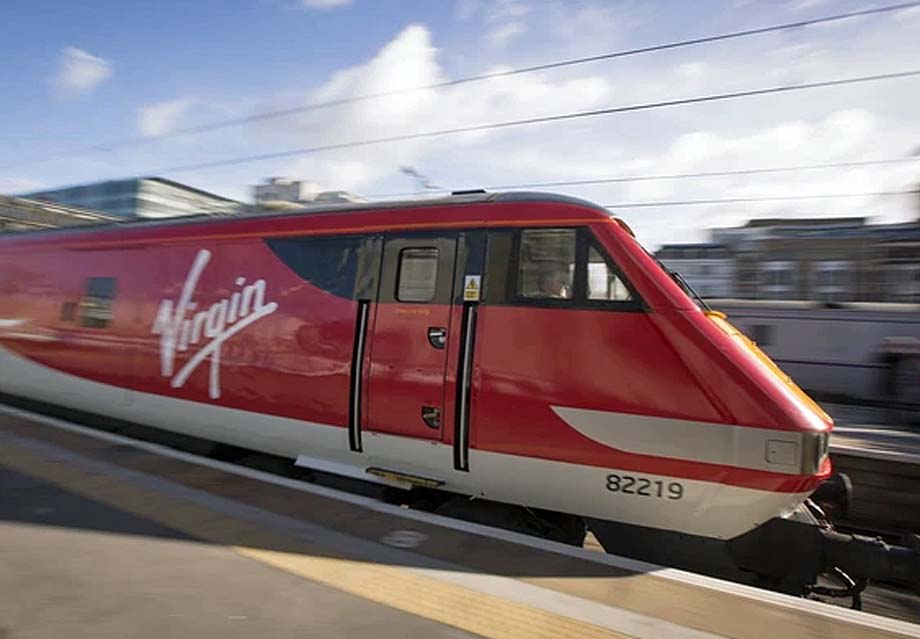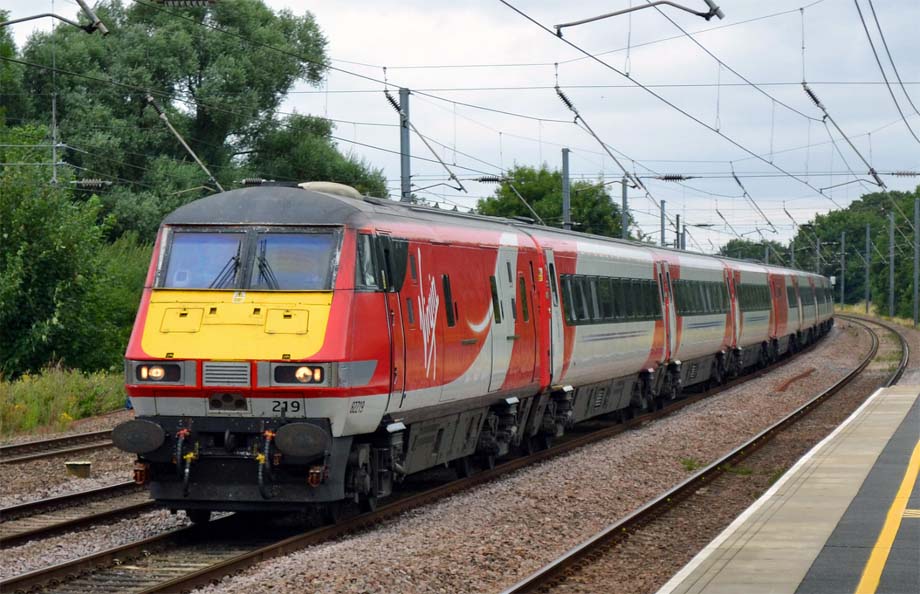
Ottawa Ontario - Given my experience working for a prime minister, one of the questions I most get asked is, what working in government is "really like".
The answer varies.

If it's a young person wanting to be involved in partisan politics, it's an exciting, fast-paced, high-pressure, chance to shape the country.
If it's someone looking to enter the public service, however, my answer is that it's an often-boring, slow-paced, low-pressure, chance to shape the country.
The latter answer isn't meant to slight the idea of working in the vast federal machinery.
It's simply an acknowledgement of the reality of that vast piece of machinery, where processes often matter more than outcomes.
If that's too discouraging, prospective public servants can take comfort knowing that the fast-paced side of political service doesn't effect change until the slower-paced bureaucracy actually gets the job done.
So, in Justin Trudeau's political operation, for instance, a press release announcing a project does not signal its completion.
Take this week's rumoured coming of High-Speed Rail (HSR) along the Quebec City-Toronto corridor.
Now there's an exciting project.
There is something for the public servants in Transport Canada to get excited about.
There's a political legacy for the political side of government.
There's a chance for the two sides of the government coin to come together to effect change.
Only we know it's not going to happen.
We've been talking about HSR (and not doing it) for decades.
This late-term announcement is the act of a desperate government pulling what remaining white elephants it has out of its hat before the electorate pronounces.
In 20 years, people will still be driving and/or flying from one end of the corridor to the other.
And if the project does somehow get the green light, it will inevitably be beset by delays and cost overruns, as most major infrastructure projects in advanced western democracies now seem to be (Ottawa's LRT, anyone?).
Trudeau should pick up the phone to U.K. Prime Minister Keir Starmer to ask him about the disaster that is High Speed Rail 2, a project once meant to connect Manchester and Leeds with London that will now only connect London to Birmingham at high speeds.
If, that is, Starmer can get the line all the way into central London and not the suburbs, where it is currently stalled.
Major infrastructure projects are the easiest way to illustrate the frustration most citizens now feel with their governments.
People are sending more of their money to hire more bureaucrats to do more things without seeing more in the way of results.
A major task for the next government, perhaps the most critical task, will be getting the public service back into peak delivery mode.
If there is nothing that concentrates the mind like the prospect of a hanging, every single mind in the federal public service ought to be concentrating.
If your job or time has little to do with program delivery, start thinking about shifting your focus.
It is, then, exquisite timing that, at the same time Transport Canada is moving toward the announcement of HSR, its senior leadership at the deputy minister level is staging a farce around mandated sessions on indigenous reconciliation, as chronicled on the social media site X.com by journalist Jonathan Kay and confirmed by a contact who works in the department.
To cut a long story short, the planned sessions on reconciliation didn't go according to plan when some of the public servants began challenging the outside speaker's materials.
Now there is sustained effort at a senior level to ensure the orthodoxy is respected/enforced, with the threat of punishment for those who challenged said orthodoxy.
The beatings at TC will clearly continue until morale improves.
Which brings it back to focus.
There is already a day when the public service has time off to reflect/learn about this worthy subject matter.
Why not offer the programming then and let people get on with their actual jobs?
Especially when the message from the taxpayer is to do exactly that.
Remember, the hangman is coming.
Andrew MacDougall.
(likely no image with original article)
(usually because it's been seen before)
provisions in Section 29 of the
Canadian Copyright Modernization Act.
